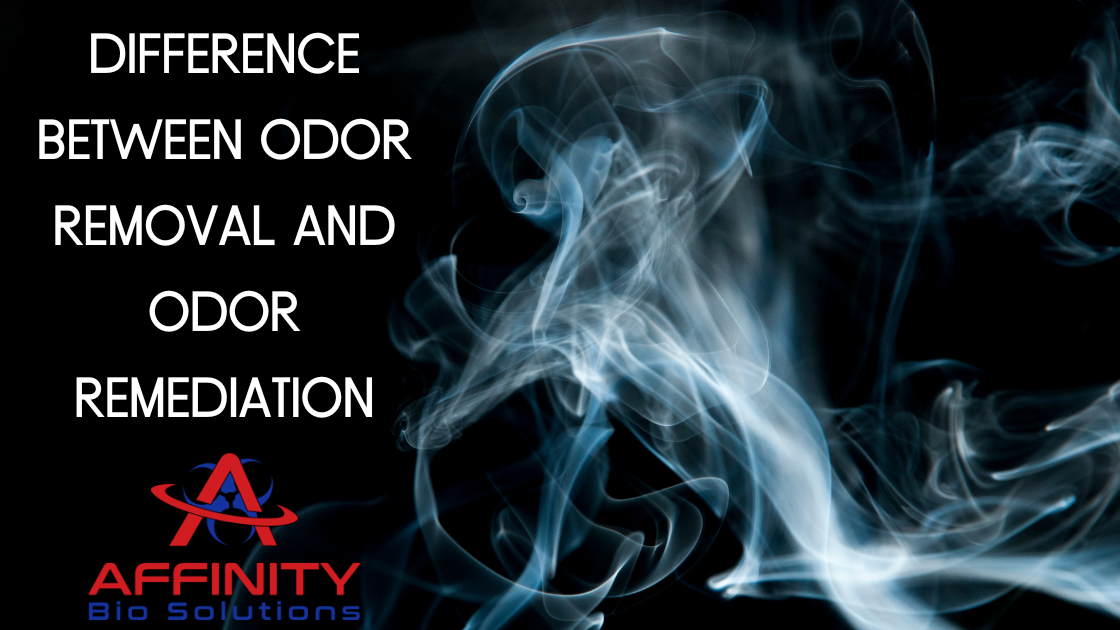
Differentiating Between Odor Removal and Odor Remediation
What is the difference between odor removal and odor remediation? Odors are of different types – solid and mild smells. In addition, there are potential odor sources in homes and buildings. Food odor is one harsh odor that can linger in the house and is challenging to eliminate. Lingering odor in the house can mean severe property damage, like water damage, smoke damage, or mold growth. In such cases, a homeowner needs a professional odor remediation company to remove the odor. However, there is a slight difference between odor removal and odor remediation.
Remove Before Remediating
Odor removal is mostly for eliminating temperate odor in the home. This odor can result from rotten things, trash, spoiled food, shoes, etc. On the other hand, odor remediation eliminates strong odors in the home while restoring the property. The method removes the strong odor caused by damage in the home. Basic odor removal will not be sufficient in such cases. The pungent odor may result from leaking water, pipes, poor ventilation, etc.
However, both methods use similar steps in restoring the home through chemicals.
Methods for Removing Odor
- Hydrogen peroxide: hydrogen peroxide is the simplest form for removing odor. It is a cleaning solution ranging from 3 to 32 percent. The 3 percent solution is used to remove odor, with a higher percentage to remediate odors without affecting the surface. This solution is effective in any odorous area in the home, such as kitchens, porcelain, showers, fireplaces, etc. However, the solution should not be applied to fabric or carpet to avoid discoloration. Many remediation companies use stronger solutions to remove strong smells like cigarettes, bio cleanup, and food cleanup.
- Vinegar: vinegar is a potent cleaning agent with a light smell that dissipates quickly. The solution is effective in eliminating malodors and surface cleaning. Vinegar solutions are white and apple cider vinegar. Both are for removing and remediating odor from the property. However, you must apply it with caution, because vinegar can become corrosive to the body with prolonged exposure.
- Baking soda: baking soda is a more popular and commonly used method. The solution effectively removes, restores, and remediates odor from the household. The solution is a sound absorbent for odors and can be effective on raw wood, crawlspaces, carpet or rug, upholstered items, etc. Baking soda is excellent for absorbing and dissolving stains while adding light scouring to the surface.
- Essential oil: essential oil odor remediation is common and used in many cleaning products like Vaportex, a natural, dry and effective way of removing odors from offices or homes. These oils have a comforting smell, making them conducive to psychological odors and maintaining a pleasant space. You can apply essential oil on cotton cloth and place it on every corner around the house or oil diffusers in affected areas. However, buy essential oils with odors that will not nauseate or irritate you.
Fully Remediate To Completely Remove the Odor
There is no one-size-fits-all in odor removal, and the difference between odor removal and remediation is a thin line. Some utilize equipment like ozone generators or thermal fogging for best practices, but this is only sometimes the best answer. Therefore, keep an open mind or work closely with a professional odor and remediation company to ensure you use the proper method for odor removal and odor remediation.
Contact Affinity Bio Solutions for All Your Professional Biohazard Cleanup Needs
- Biohazard Cleanup & Removal
- Crime Scene Cleanup | Trauma Scene Cleanup
- Unattended Deaths & Decomposition
- Suicide Cleanup
- Medical Waste Pick-Up, Transport and Disposal
- Water Damage | Flood Extraction
- Hoarded Environment & Hoarder Home Cleanup
- Vehicle Accidents | Vehicle Biohazard Cleanup
- Bodily Fluids | Blood Cleanup
- Odor Remediation | Odor Removal
- Homeless Encampment Cleanup & Biohazard Removal
- Abandoned Building and Foreclosure Cleanout
- Pest Removal in Arizona

